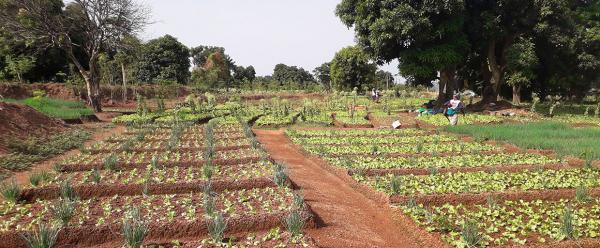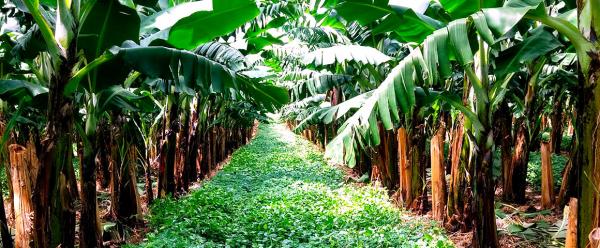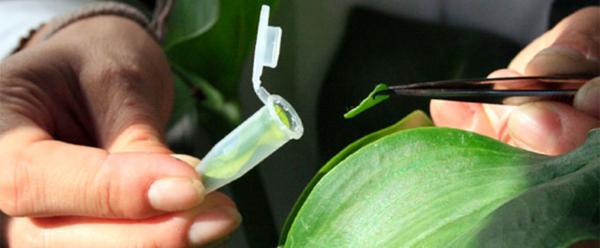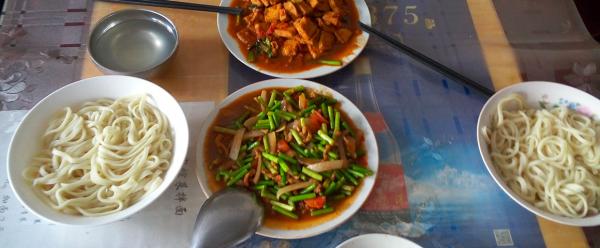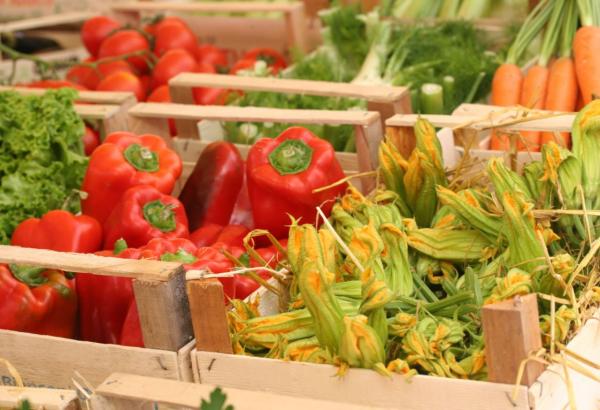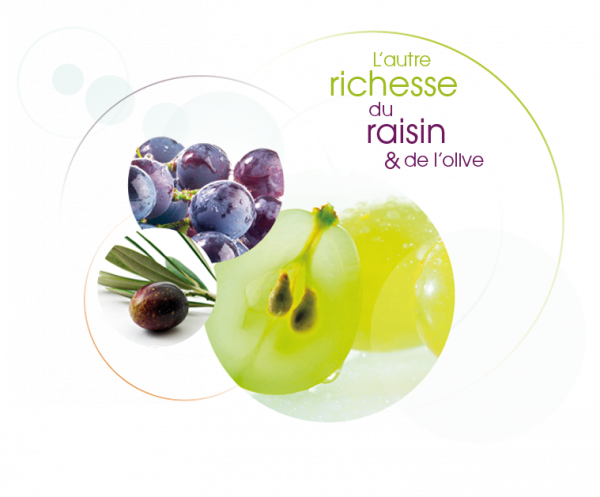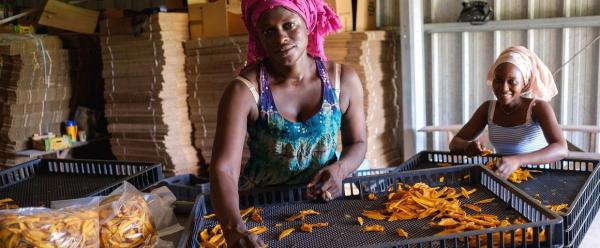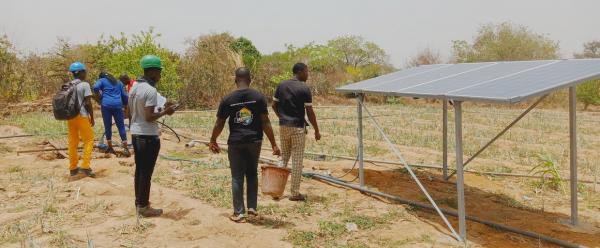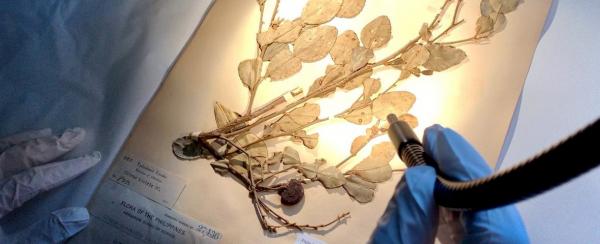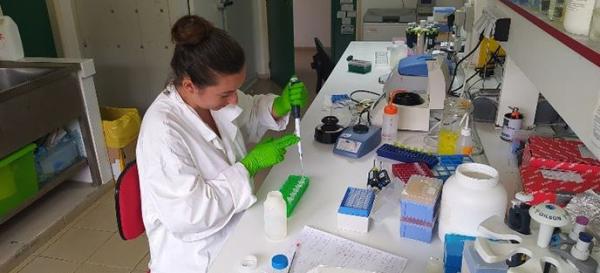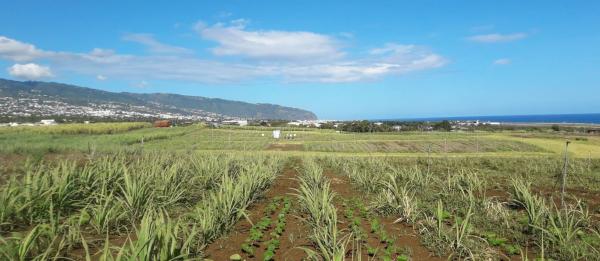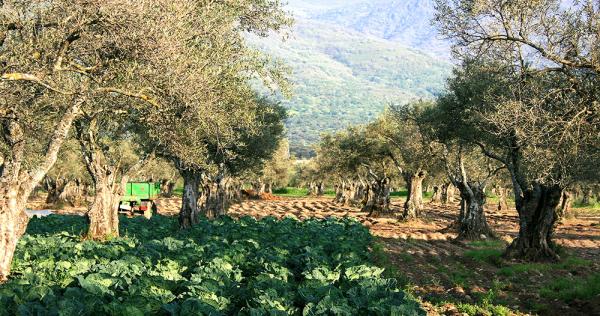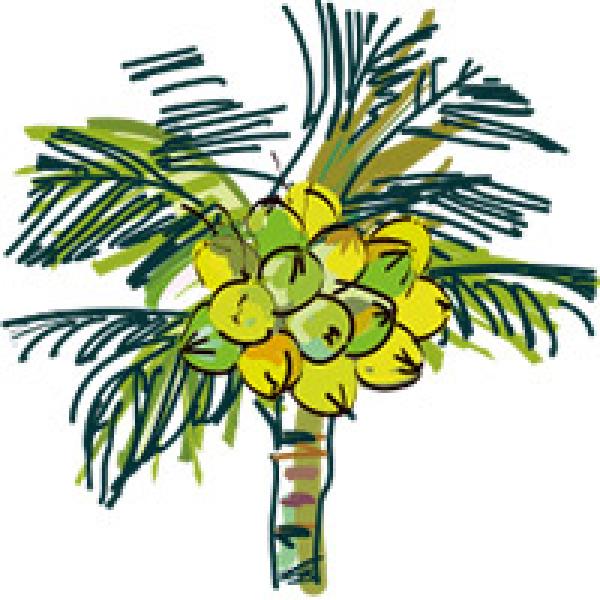Research units working on this value chain in particular
Horticulture is seen as an essential factor in food security and safety and health worldwide. Horticultural systems are also a major source of income and jobs for the poorest populations in tropical areas. In this context, is it possible to ensure high, sustainable production of safe, quality fruit and vegetables? The aim of UR HortSys is to establish the principles of agroecology of tropical horticultural systems with a view to developing sustainable cropping systems, in partnership with local players.
UR GECO conducts functional agro-ecology research and places its expertise at the disposal of the drive to innovate in partnership so as to improve the environmental, economic and social sustainability of banana and pineapple cropping systems. In the long term, its research aims to support the agro-ecological transition away from intensive monocultures (banana, pineapple), and to contribute to the emergence of resilient cropping systems that perform better in agronomic terms, so as to help ensure food security in southern countries (plantain bananas).
The capacity to produce improved planting material suited to different and changing growing conditions is an absolute priority in order to reduce the environmental impact of farming systems and boost their sustainability.
UMR PVBMT develops innovative control methods against pests, diseases and weeds in agrosystems, but also new ways of conserving indigenous forest environments. Its associated research and training concern tropical crop protection and biodiversity preservation in terrestrial ecosystems.
UMR MOISA comprises around a hundred people working on the social sciences (economics, management/marketing, sociology, and political science). It aims to understand how the practices of stakeholders in value chains and institutional mechanisms influence food security and safety, and the sustainability of agriculture and food.
Products and services
CIRAD researchers are experts in tropical agricultural chains and conduct Life Cycle Assessments of imported or exported products.
Treatment process for aqueous extracts of plant origin with added biopolymers, and the spray powder obtained.
Vitropic, a CIRAD subsidiary
Since 1986, Vitropic SA has been producing and distributing indexed, disease-free banana and pineapple in vitro plantlets. In association with its scientific partners – CIRAD, IRD, INRAE and plant protection services–, Vitropic SA distributes varieties resulting from an ongoing selection and assessment programme. It has developed a nematode-resistant Cavendish banana variety that makes use of the plant's natural properties.
Its in vitro plantlets offer growers the best sanitary guarantees on a global level.
The firm also provides technical support and appraisal services for the design, supply and management of industrial-scale nurseries.
Vitropic website
Training
Available training
